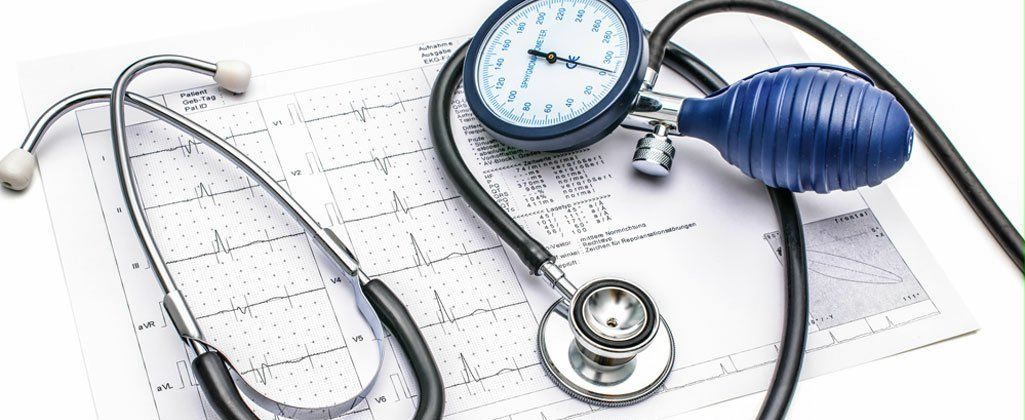Knee tightness is the sensation of trouble moving the leg joint or the increased loss of range of motion in the knee, which impedes your versatility, strength and stability throughout the whole leg. In the event that you have problems with stiff knees, then you know all about difficulty straightening or bending your knee – not forgetting the have a problem with walking normally.
Stiff knee problems can affect your daily living, so it’s important to obtain a deal with on what’s leading to your knee stiffness for effective treatment. There are plenty of factors behind stiff knees, which can dramatically affect the type of leg pain treatment your physician recommends. Trauma to the Knee Joint – A recently available injury to the leg, such as a leg sprain, ACL rip, bone fracture, or meniscus tear, may be considered a factor in knee stiffness. Many leg accidental injuries may distend as damage to the region causes blood and other fluids fill the joint.
This could cause a stiff knee and make the area difficult to flex or straighten. In the entire case of injury, it is common for both knee tightness and knee pain to be there at the site of injury. Arthritis – One of the most typical factors behind knee stiffness is arthritis. Knee Bursitis – Around our bone fragments and tendons there are small, fluid-filled sacs known as bursae. These help with cushioning and supporting areas like the knee joint.
If a bursa sack becomes swollen, it is known as bursitis. This swelling round the knee could cause stiff knees and knee pain. Gout – Gout is a type of arthritis where in fact the consumption of certain foods and beverages causes the crystals to fill in the joints, resulting in swelling.
- How long will I take it
- Heart and rest rate monitor
- X-ray – To diagnose fracture, osteoarthritis
- Improve my footwork and tidy up my form
- Extremely expensive
- Avoid Triggers
- 46″ long x
As a result of that swelling, patients with gout often end up with a stiff leg pain. Knee tendonitis/tendinitis (also called patellar tendonitis) – Tendonitis might occur from overuse of the knee, especially in sportsmen taking part in sports activities that involve a complete great deal of jumping. This may cause inflammation in the patellar tendon, which causes discomfort toward leading of the knee, right below the kneecap.
This pain may make it problematic for patients to flex or completely straighten the calf, an indicator of knee tightness. If you’re suffering from leg stiffness, consult a medical doctor for further evaluation. He or she may ask about your recent activities and review your medical history as well. Your doctor could also request a radiological exam, such as an MRI or X-rays. Much like most conditions, it is important to determine the reason for your stiff knee to receive the appropriate treatment.
You should see your physician for an appropriate medical diagnosis of your stiff leg problem. In the full case of recent stress or problems for the knee joint, you may want to consider cryotherapy (frosty therapy). Ice the region with glaciers packs. In some full cases, your doctor may also recommend a cryotherapy product which will provide prolonged cool to the certain area. For example, an ACL tear may cause the knee joint to fill with blood.
To relieve the area of pressure, a medical doctor may use a needle to eliminate some of the surplus liquid and bloodstream. This may help minimize the swelling and reduce stiffness in the knee. Physical therapy may be suggested for knee tightness also. A physical therapist will continue to work with one to increase your range of motion and to find exercises that help decrease inflammation.
Exercise helps to stretch the muscles and strengthen the areas across the joint. Nutrition and weight loss may be another recommendation in the situations where weight may play a role in the leg stiffness. In the full case of gout, a change in diet may help reduce the amount of uric acid in the body. While they are the most common treatments for stiff knee, it is not a comprehensive guide. Make sure to consult your physician for any leg tightness problems to get the most appropriate treatment for your situation.

